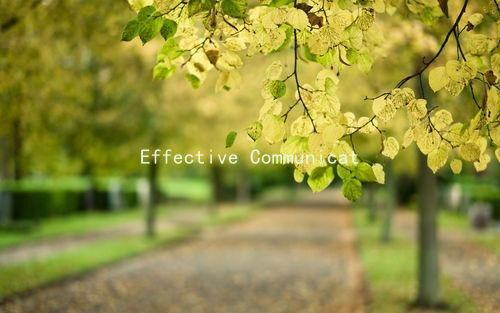The Wisdom of Vulnerability: Philosophical Reflections on Open Love
The Wisdom of Vulnerability: Philosophical Reflections on Open Love
In a world that often equates strength with stoicism and emotional resilience with self-sufficiency, the act of being vulnerable in love is frequently misinterpreted as a weakness. Yet, embracing vulnerability can be one of the greatest strengths in fostering deep, meaningful relationships. At the heart of open love lies the understanding that sharing our authentic selves — flaws, fears, and desires — can lead to profound connections.
Philosophically, vulnerability invites us to engage with the existential questions of identity and connection. Who are we when stripped of our façades? What remains when we allow another person to see our true selves? In this context, vulnerability is not merely an emotional risk; it is a pathway to genuine intimacy. The act of exposing oneself opens the door for authenticity, encouraging partners to respond with empathy and understanding.
One might argue that vulnerability makes us susceptible to hurt. While this is true, it is also the crux of what makes love transformative. When we reveal our vulnerabilities, we invite our partners to do the same, creating a reciprocal cycle of trust. This dynamic can soften the armor we’ve built around our hearts, allowing love to flow more freely. Shared vulnerabilities can forge a bond that transcends superficial interactions, paving the way for deeper emotional resonance.
Consider the philosophical concept of Ubuntu, which emphasizes the interconnectedness of humanity. In the realm of romance, Ubuntu teaches us that we are, indeed, intertwined with our partners completeness. When we share our vulnerabilities, we contribute to the mutual understanding that enhances love. Each partner becomes a mirror, reflecting not only strengths but also insecurities, thus fostering an environment where both individuals can grow and heal together.

Furthermore, open love requires a language rooted in sincerity. It involves the willingness to communicate desires, boundaries, and fears openly. This practice extends beyond the mere exchange of words; it encompasses active listening and validation. Being present for your partner, acknowledging their vulnerabilities, and responding with love can enhance the emotional fabric of a relationship. Clear, honest communication fosters a space where both partners feel safe to express their deepest selves.
Embracing vulnerability doesn’t mean surrendering to every fear or disclosing every secret at once; rather, it’s about progressively allowing yourself to be seen. This journey requires courage and patience as partners navigate the delicate landscapes of each others hearts. With time, this foundation of honesty can blossom into a resilient connection, where trust becomes the bedrock of love.
Moreover, vulnerability enriches the shared experience of love. It encourages us to celebrate not only the heights, but also the depths of existence together. By welcoming challenges and uncertainties as integral elements of our relationship, we cultivate resilience and adaptability as a couple. This shared journey through vulnerability allows for profound growth, as partners evolve not only within their individual lives but also in unity.
In conclusion, the wisdom of vulnerability in love lies in its capacity to transform relationships into sanctuaries of authenticity and strength. By embracing our imperfections and sharing them with our partners, we foster deeper connections that can withstand the challenges of life. Open love, built on the foundation of vulnerability, encourages us to live fully and authentically, enabling us to love not only each other more deeply but also ourselves. In relationships of any form, it is through the courage to be vulnerable that we find the truest expressions of love — a journey that is both deeply personal and profoundly connective.





